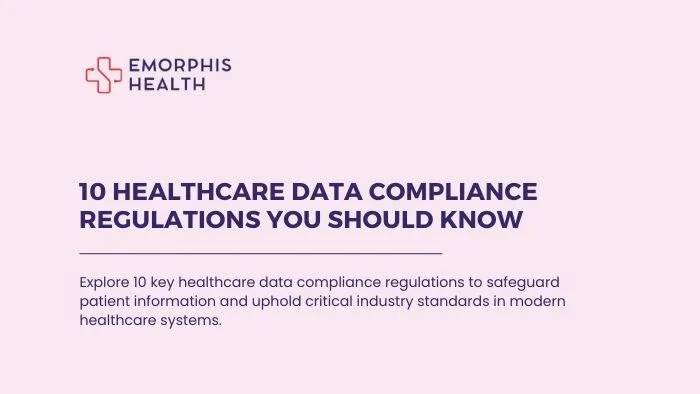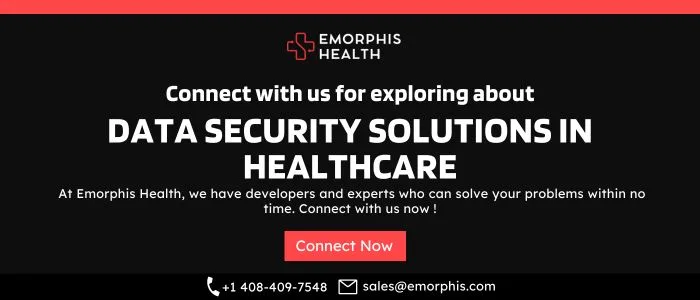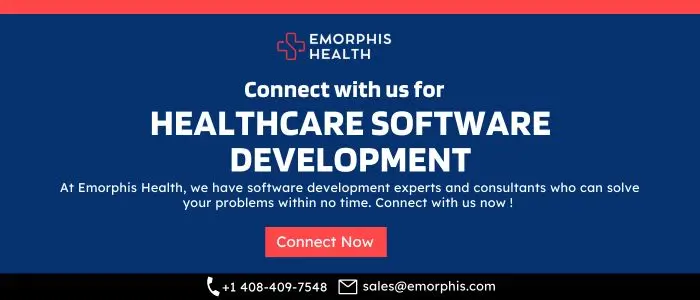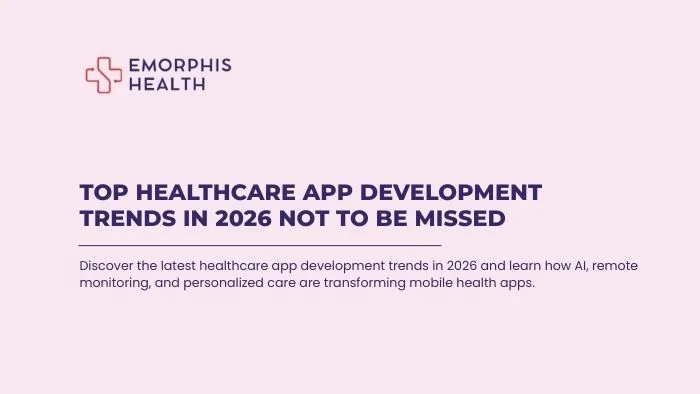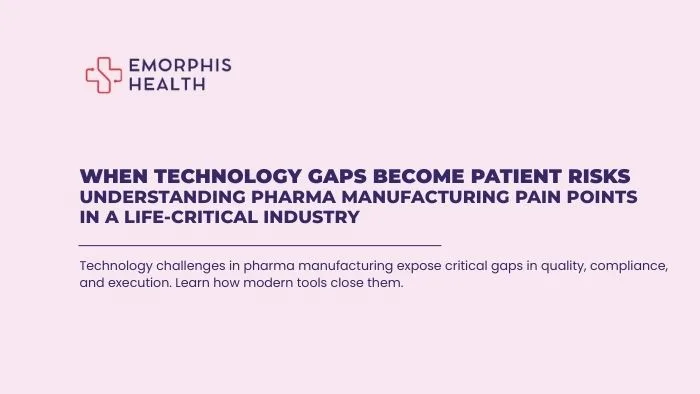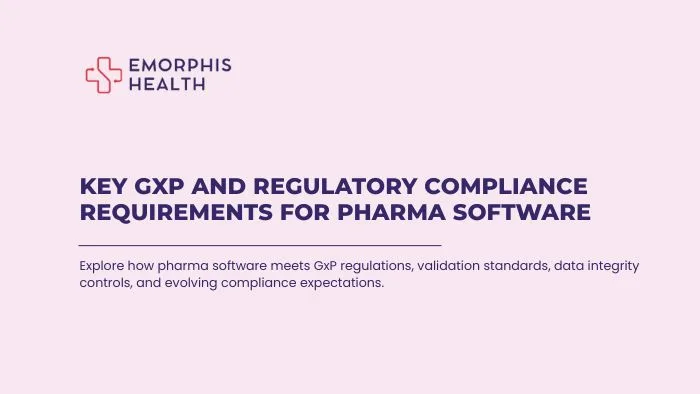Overview
See Contents
The healthcare industry is at the forefront of using data for innovation, yet this creates challenges in managing sensitive patient information. According to a report by IBM, the global average cost of a data breach in 2024 has reached $4.88 million, marking a 10% rise from the previous year and setting a new record high. This highlights the critical need for healthcare data compliance. In this article, we’ll explore 10 essential Healthcare Data Compliance Regulations you should be aware of and why they matter for safeguarding patient privacy.
What is Healthcare Data?
Healthcare data refers to any information related to the health of an individual, including medical history, diagnosis, treatment records, lab results, and personal identifiers such as social security numbers. This data is stored in various formats, such as Electronic Health Records (EHRs) and Personal Health Information (PHI), and is highly sensitive because it contains personal details that, if exposed, could lead to identity theft or other privacy violations.
What is Data Compliance?
Data compliance means adhering to laws, regulations, and industry standards that dictate how data should be handled, stored, and protected. In the healthcare sector, data compliance is crucial because it ensures that patient information remains confidential and secure. Compliance also helps prevent financial penalties, reputational damage, and the risk of cyberattacks.
What Are Healthcare Data Compliance Regulations?
Healthcare data compliance regulations are legal frameworks designed to protect sensitive health information. These regulations set rules for data storage, sharing, and security, with the aim of preventing unauthorized access and breaches.
Let’s dive into 10 of the most important Healthcare Data Compliance Regulations.
1. Health Insurance Portability and Accountability Act (HIPAA)
HIPAA, enacted in 1996, is one of the most well-known healthcare data compliance regulations in the U.S. It governs the use and disclosure of PHI, ensuring that patient data is handled with confidentiality and security.
While HIPAA lays the foundation for data privacy in healthcare, it’s not the only regulation organizations need to follow.
2. General Data Protection Regulation (GDPR)
For healthcare organizations operating in or dealing with the European Union, GDPR is a critical regulation. It requires healthcare providers to get explicit consent before processing personal data and mandates strict guidelines on data handling and storage.
As data flows across borders, organizations must also comply with country-specific regulations beyond GDPR.
3. The HITECH Act
The Health Information Technology for Economic and Clinical Health (HITECH) Act of 2009 was created to promote the adoption of EHRs and improve data privacy through stricter enforcement of HIPAA rules. HITECH also provides financial incentives for healthcare providers to use digital health records.
Modern healthcare increasingly relies on electronic records, making regulations like HITECH essential for maintaining data integrity.
4. Federal Food, Drug, and Cosmetic Act (FD&C)
The FD&C Act regulates healthcare technology and software classified as medical devices. If an AI tool or software processes healthcare data, it falls under this regulation, ensuring it meets safety and effectiveness standards.
When it comes to healthcare technology, complying with device-related regulations is just as important as protecting data.
5. The Confidentiality of Alcohol and Drug Abuse Patient Records (42 CFR Part 2)
This U.S.-based regulation focuses on protecting records related to substance abuse treatment. It requires explicit patient consent before information can be shared, even with other healthcare providers, ensuring added layers of privacy.
As healthcare expands to specialized fields, the need for specialized regulations like 42 CFR Part 2 is critical for maintaining patient trust.
6. The Family Educational Rights and Privacy Act (FERPA)
While FERPA primarily focuses on educational records, it applies to healthcare providers in educational institutions. It protects the privacy of student medical records in schools, adding another layer to healthcare data compliance.
Healthcare providers dealing with student populations must navigate both health and education privacy regulations to remain compliant.
7. The California Consumer Privacy Act (CCPA)
The CCPA enhances privacy rights and consumer protection for residents of California. Healthcare organizations in California must comply by disclosing what personal data is being collected and giving patients the right to delete their data.
With states creating their own privacy regulations, organizations must adapt to varying compliance demands across regions.
8. The Children’s Online Privacy Protection Act (COPPA)
COPPA governs the collection of personal data from children under 13. In healthcare, this applies to providers offering pediatric care, ensuring that sensitive health data from minors is handled with extra care.
As more healthcare apps target younger demographics, COPPA compliance becomes increasingly essential.
9. Cybersecurity Information Sharing Act (CISA)
CISA encourages the sharing of cyber threat information between the government and private sector to enhance cybersecurity practices. Healthcare organizations that participate in threat-sharing programs can better protect their networks from cyberattacks.
Given the rise in healthcare data breaches, CISA plays a vital role in ensuring organizations remain proactive in their cybersecurity strategies.
10. Payment Card Industry Data Security Standard (PCI DSS)
Though primarily related to financial transactions, PCI DSS applies to healthcare organizations that process payments for services. It mandates strong encryption and secure handling of credit card information.
In a world where healthcare and financial data often intersect, compliance with PCI DSS is a must for protecting sensitive payment information.
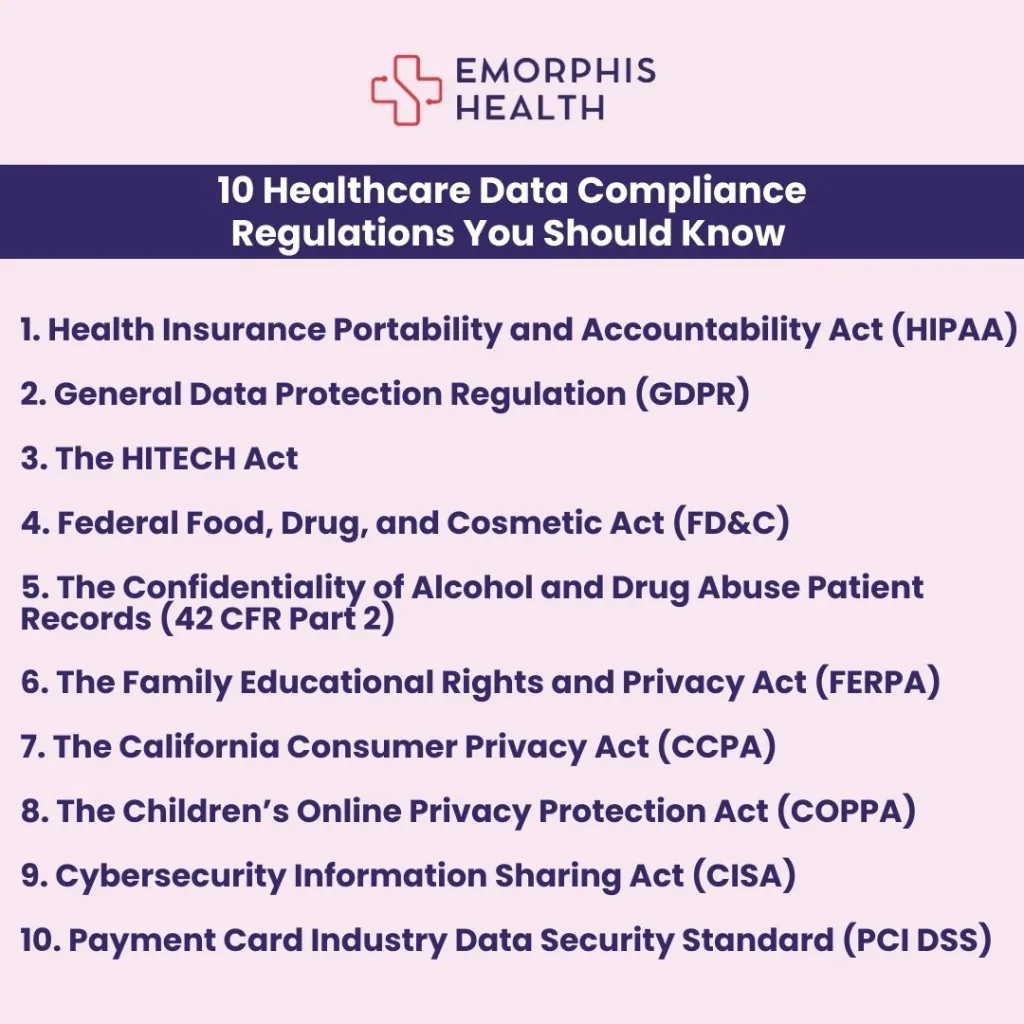
What is Healthcare Compliance Consulting?
Healthcare compliance consulting involves working with experts who help organizations adhere to Healthcare Data Compliance Regulations. These consultants ensure that healthcare providers meet all regulatory requirements, assess risks, and implement the necessary policies and procedures to avoid violations. By partnering with a healthcare compliance consultant, organizations can stay up-to-date with ever-evolving regulations, avoid costly penalties, and protect patient data more effectively.
Healthcare Data Compliance Regulations are constantly changing, and staying compliant can be overwhelming for any healthcare organization. Engaging in healthcare compliance consulting offers a proactive approach, helping organizations to navigate complex regulations and maintain secure systems.
Conclusion
Compliance with Healthcare Data Compliance Regulations is not optional—it is a necessity in today’s data-driven healthcare environment. From protecting patient privacy to preventing data breaches, these regulations ensure that healthcare organizations operate responsibly and securely. With regulations like HIPAA, GDPR, and CCPA forming the backbone of healthcare compliance, organizations must remain vigilant and consult experts when needed to stay ahead of the curve.
Connecting with Emorphis Health offers healthcare providers a strategic advantage in navigating the complex landscape of healthcare technology. Emorphis Health specializes in delivering customized healthcare software solutions, focusing on patient engagement, interoperability, and compliance with industry standards like HIPAA and GDPR. By partnering with us, organizations can access a range of services from AI-driven solutions to advanced data security, empowering them to provide better, more efficient healthcare.

